Historic England tells city council it cannot support Hodder proposals, drawn up for ex-football stars
Government heritage adviser Historic England has issued a detailed list of the harm it believes a Hodder & Partners’ tower earmarked for Manchester will cause for the city’s most cherished structures.
But its observations fall short of calling on planners to reject proposals for the latest incarnation of Gary Neville and Ryan Giggs’ St Michael’s development, which was totally reworked by Hodder from earlier proposals by Make.
The £200m scheme, lodged for approval in December, features a single 40-storey block that would house up to 189 apartments and a 216-room hotel. A separate 10-storey block would deliver 13,721sq m of new commercial space.
It’s predecessor development for the site, off Jackson’s Row, delivered broadly comparable elements via 21- and 31-storey twin towers but provoked controversy on multiple fronts.
While the Make scheme required the demolition historic buildings including 19th-century pub the Sir Ralph Abercromby, Bootle Street Police Station and the Manchester Reform Synagogue, the latest plans would remove only the synagogue.
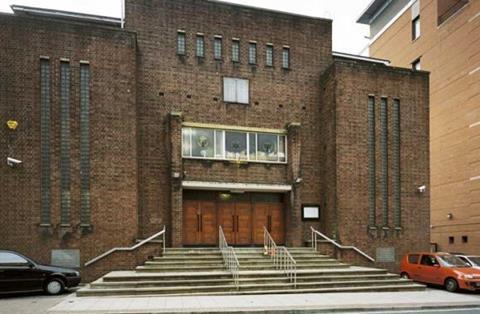
In December the St Michael’s development team made much of its consultation work with Historic England, and the adviser said it welcomed the retention of the pub and the police station façade.
But Historic England’s formal response to Manchester City Council on the Hodder proposals says it is “unable to support” the proposals from a heritage perspective, despite improvements from the earlier scheme – which it said would “irreparably damage” the character of the surrounding area.
Catherine Dewar, HE planning director for the North West, said that while the new version of the proposals was an improvement, the tower would have an “an unavoidable impact on the setting of three of Manchester’s finest grade I listed buildings”: the Town Hall, St Ann’s Church, and the Albert Memorial.
Dewar said that the tower would rise behind the memorial, taking the place of open sky and “changing the appreciation of the rich architectural detailing and the silhouette of the canopy” and detracting “from the architectural presence of the most significant memorial in the square”.
She accepted that the tower would not affect people’s ability to appreciate the architectural detailing and significance of the Town Hall, designed by Alfred Waterhouse, but said it would harm “appreciation of the building and its visual and symbolic dominance in the civic core of the city”.
Dewar concluded: “We are unable to support the application on heritage grounds due to the cumulative harm that would be caused to highly graded listed buildings. The city council has to be convinced that the potential wider public benefits delivered by the development convincingly outweigh the harm caused to the significance of the heritage assets before coming to a decision.”
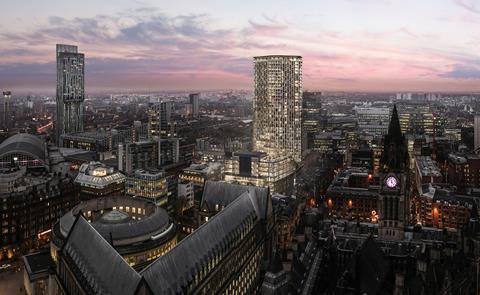
Hodder & Partners chairman Stephen Hodder said Historic England had been “on-board” with the design process for the current scheme from an early stage and noted that their advice to the city council clearly stopped short of an objection.
“We’ve known all along what the issues were with them,” he said.
“The current configuration does not have a substantial impact on the setting of Albert Square, and we’ve always had positive noises from them.
“They’ve been very, very careful. They’re not saying they object, they’re saying they can’t support it on heritage grounds – and that’s a real step forward.”
Hodder told BD the fact that Historic England had recognised positive regeneration and placemaking aspects of the scheme, and accepted that determining the application – in heritage terms – would be a weighing exercise for the city council was significant.
He said Neville was keen to get on site before the end of the year, and suggested Manchester could determine the application as soon as March.
Manchester City Council is accepting public comments on the latest incarnation of the scheme until January 31.
Downloads
Jackson's Row Historic England advice
PDF, Size 75.16 kb


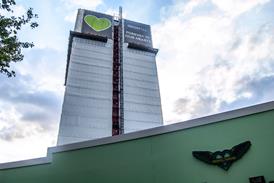

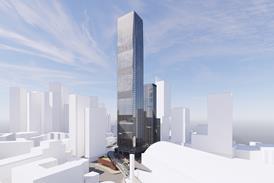
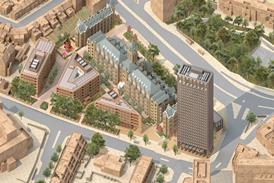



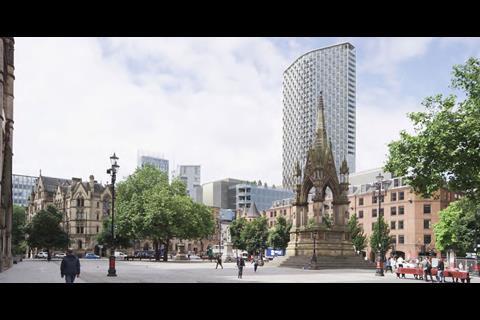
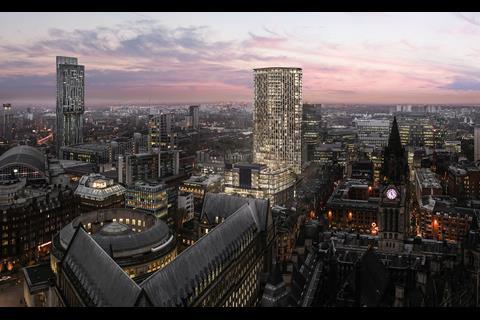
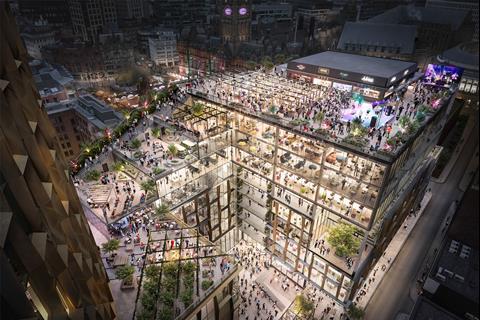
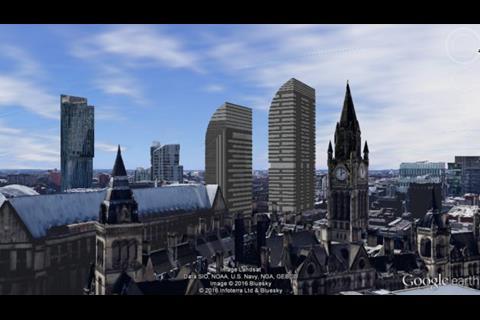
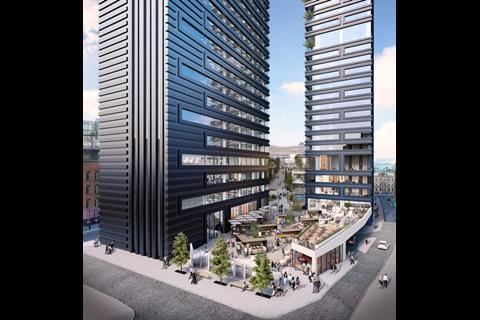
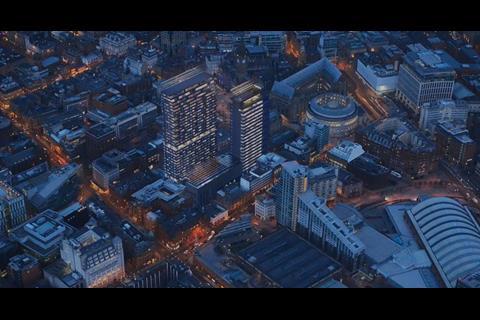
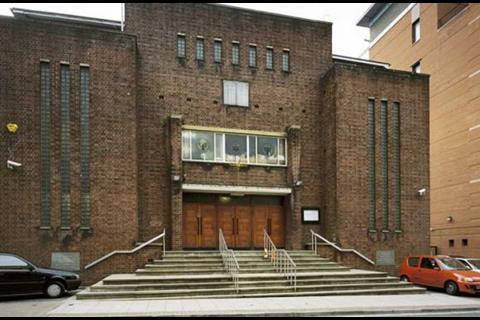
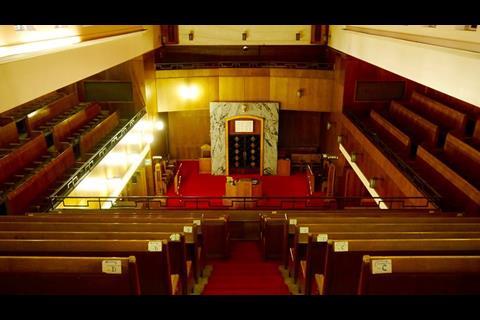




6 Readers' comments